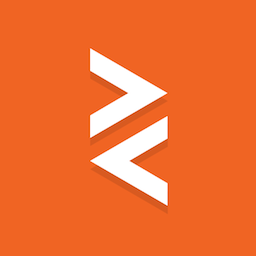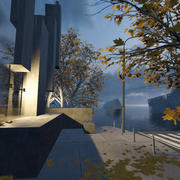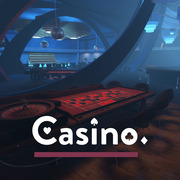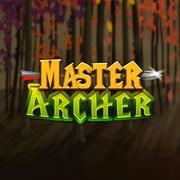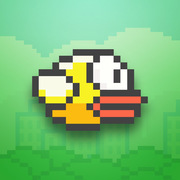Users
PlayCanvas is used by leading companies in video games, advertising and visualization such as:
Animech, Arm, BMW, Disney, Facebook, Famobi, Funday Factory, IGT, King, Miniclip, Leapfrog, Mojiworks, Mozilla, Nickelodeon, Nordeus, NOWWA, PikPok, PlaySide Studios, Polaris, Product Madness, Samsung, Snap, Spry Fox, Zeptolab, Zynga
Features
PlayCanvas is a fully-featured game engine.
- 🧊 Graphics - Advanced 2D + 3D graphics engine built on WebGL2 & WebGPU.
- 🏃 Animation - Powerful state-based animations for characters and arbitrary scene properties
- ⚛️ Physics - Full integration with 3D rigid-body physics engine ammo.js
- 🎮 Input - Mouse, keyboard, touch, gamepad and VR controller APIs
- 🔊 Sound - 3D positional sounds built on the Web Audio API
- 📦 Assets - Asynchronous streaming system built on glTF 2.0, Draco and Basis compression
- 📜 Scripts - Write game behaviors in Typescript or JavaScript
Usage
Here's a super-simple Hello World example - a spinning cube!
import * as pc from 'playcanvas';
const canvas = document.createElement('canvas');
document.body.appendChild(canvas);
const app = new pc.Application(canvas);
app.setCanvasFillMode(pc.FILLMODE_FILL_WINDOW);
app.setCanvasResolution(pc.RESOLUTION_AUTO);
window.addEventListener('resize', () => app.resizeCanvas());
const box = new pc.Entity('cube');
box.addComponent('model', {
type: 'box'
});
app.root.addChild(box);
const camera = new pc.Entity('camera');
camera.addComponent('camera', {
clearColor: new pc.Color(0.1, 0.2, 0.3)
});
app.root.addChild(camera);
camera.setPosition(0, 0, 3);
const light = new pc.Entity('light');
light.addComponent('light');
app.root.addChild(light);
light.setEulerAngles(45, 0, 0);
app.on('update', dt => box.rotate(10 * dt, 20 * dt, 30 * dt));
app.start();
Want to play with the code yourself? Edit it on CodePen.
A full guide to setting up a local development environment based on the PlayCanvas Engine can be found here.
How to build
Ensure you have Node.js 18+ installed. Then, install all of the required Node.js dependencies:
npm install
Now you can run various build options:
| Command | Description | Outputs To |
|---|
npm run build | Build all engine flavors and type declarations | build |
npm run docs | Build engine API reference docs | docs |
PlayCanvas Editor
The PlayCanvas Engine is an open-source engine that you can use to create HTML5 apps/games. In addition to the engine, we also make the PlayCanvas Editor:
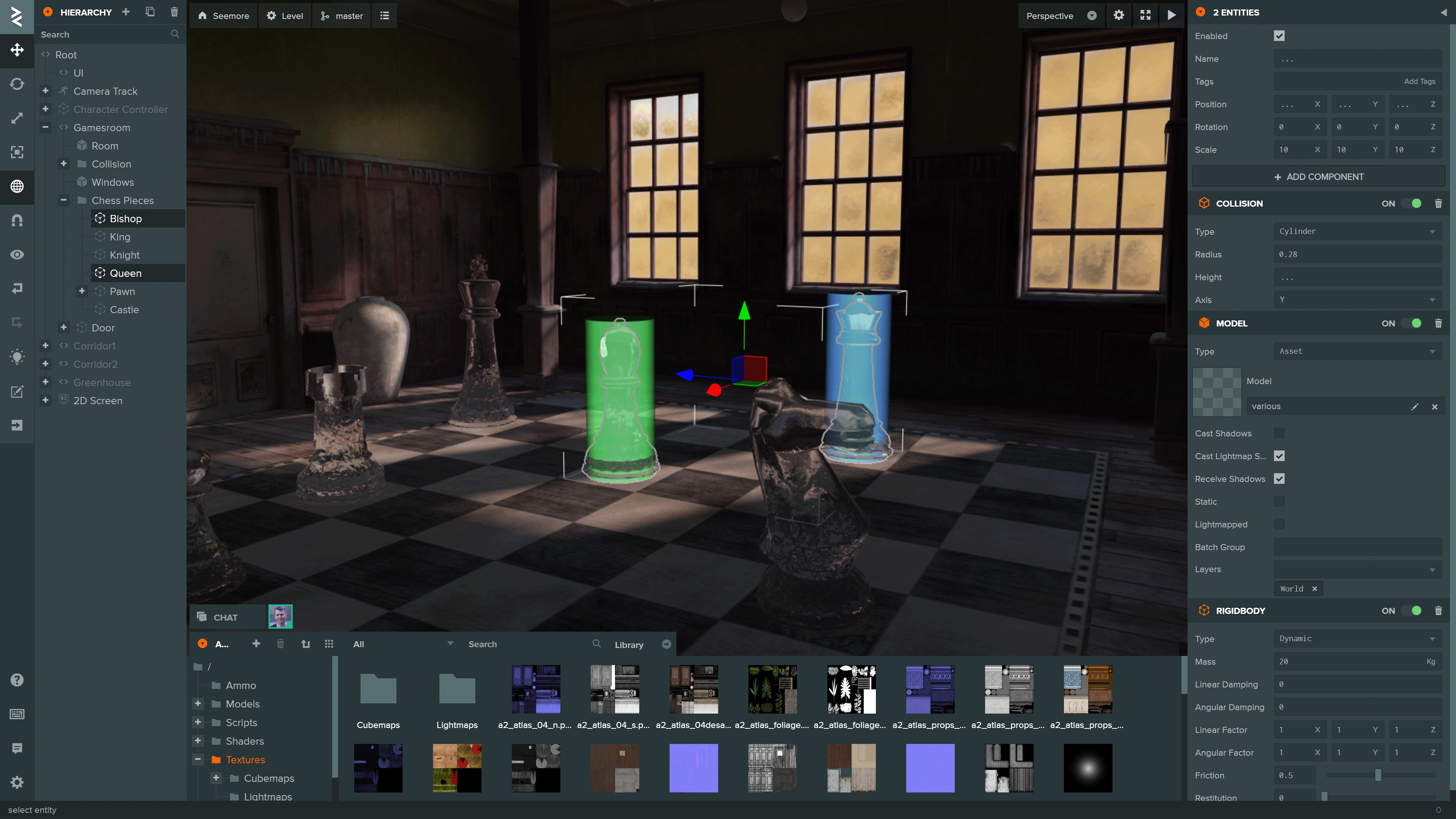
For Editor-related bugs and issues, please refer to the Editor's repo.

